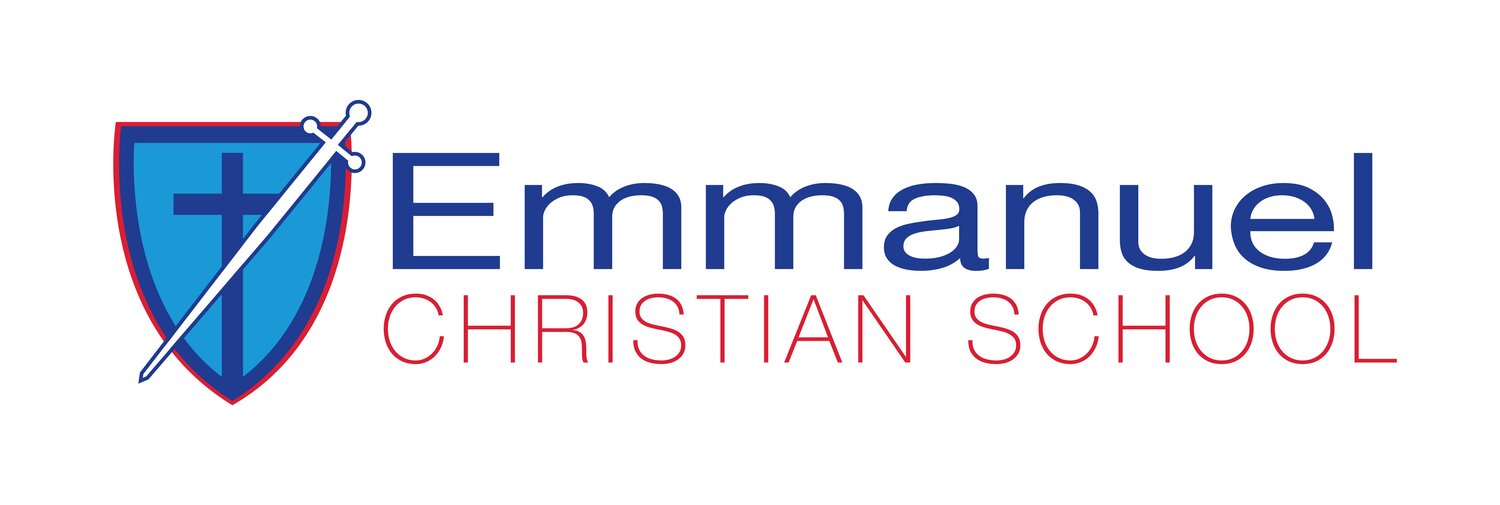It’s quite ironic that I’m writing about time. This article is being written two days past its due date!
Obviously, my time management may need an overhaul, or maybe not?
I’ve always been fascinated by the concept of time. We move through it on a continual basis. We have no choice in this, we can’t stop time. Mankind have also been fascinated with time and have played with the concept of being able to time-travel and written novels with it as a theme. To understand it further, I have read books and spent time researching time through a biblical lens.
The Bible has two Greek words for time, Chronos and Kairos.
Chronos is the easiest to understand and we have the words chronological and chronicle from it. It refers to time as a measurable concept. The chronology of minutes and seconds, hours and days, governed by the carefully calculated sweep of the earth around the sun. School years divided into terms and weeks. Teachers and students with their timetables and endless days of lessons and work to be completed. Time as an endless march into the future.
Kairos is different and is the concept I most like. Kairos time isn’t marked by an endless march, but is in the moment. Naomi Matlow writes: ‘Kairos is what many philosophers and mystics would refer to as “deep time.” This is the time where the world seems to stop entirely. It can be measured in deep exhales, a shared laugh, or by a colourful sunset.’ Richard Rohr refers to a Kairos moment as a time in life that can feed your soul. When you find yourself in Kairos time, you lose track of Chronos time. Kairos time is experienced, not measured. It is that ‘aha’ moment. It is where you lose track of time.
To move Kairos into the school environment; it is the lesson where students get so caught up in learning that they stop watching the clock. They thirst to explore deeper. They spend time with school friends and share moments of connection and understanding. For teachers it is that lesson that flows and engages their students. It is a shared journey of understanding. It is watching the ‘aha’ moment on a student’s face when they master a tricky concept.
As a school we have to engage with Chronos time. We need calendars, and timetables and lessons on breaks, all to make the school function. Our challenge is to make Emmanuel a place also of Kairos. A place of deep discussions and learning experiences. A place to explore and marvel at this world and creation. A place to encourage the building of a connection with our Creator God.
I would like to end with an Abraham Heschel quote from his book on the Sabbath:
‘God is not in things of space, but in moments of time.’
Annie Joy — Acting Deputy Principal

